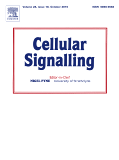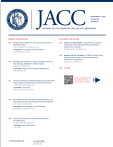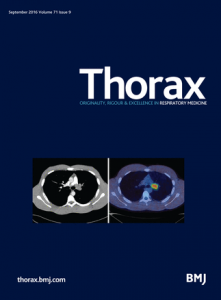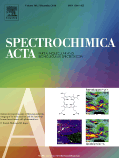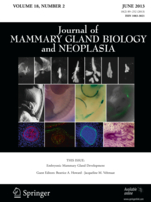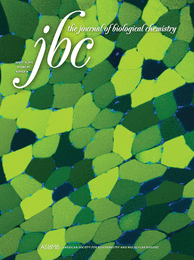
 Institutions in France and Switzerland are investigating figures in several molecular biology papers, according to a joint press release published today.
Institutions in France and Switzerland are investigating figures in several molecular biology papers, according to a joint press release published today.
Unfortunately, there’s not much more we can tell you about the investigation — the press release doesn’t specify the names of researchers, journals, or even the area within molecular biology that’s under scrutiny.
The National Center for Scientific Research (CNRS) in France will lead the inquiry, with contribution from ETH Zürich in Switzerland. Molecular biology researchers from both institutions were involved in the flagged publications, an ETH Zürich spokesperson told us.
The ETH Zürich spokesperson added: Continue reading Swiss, French institutions investigating several papers

